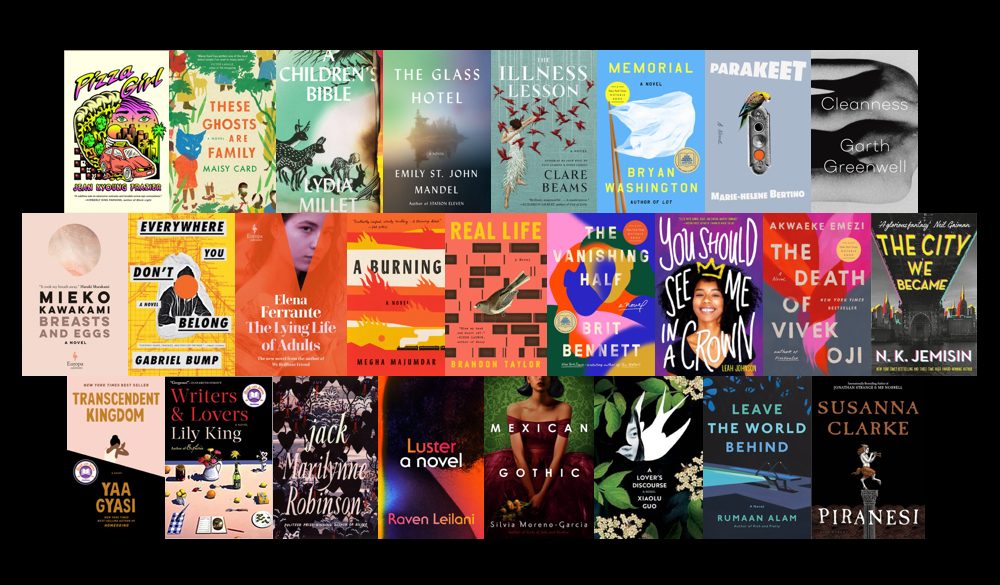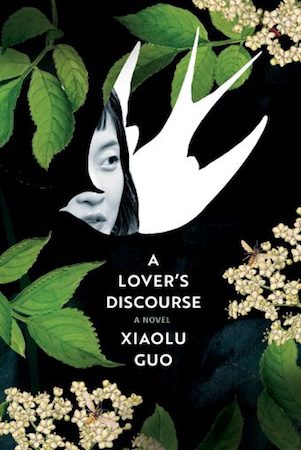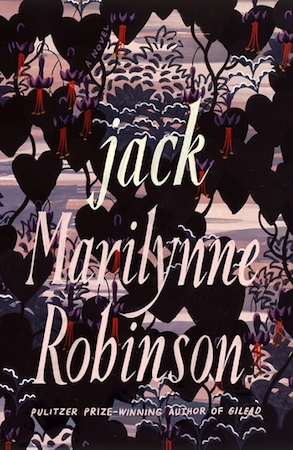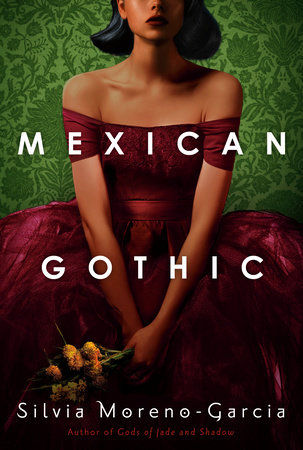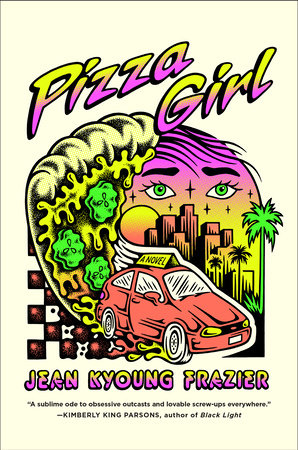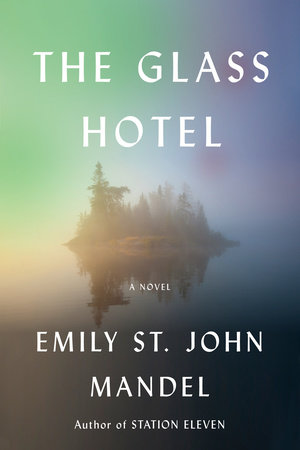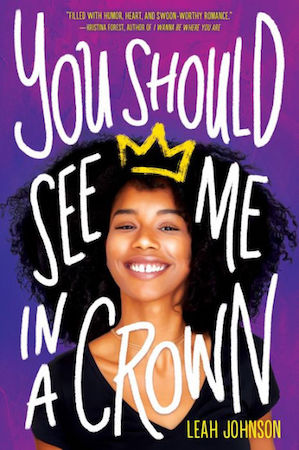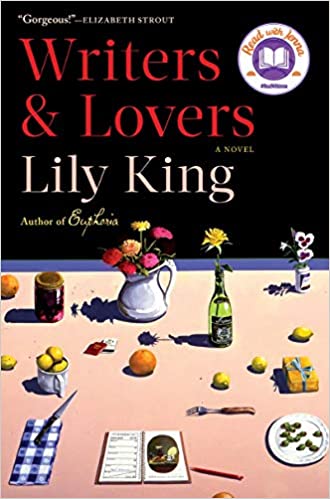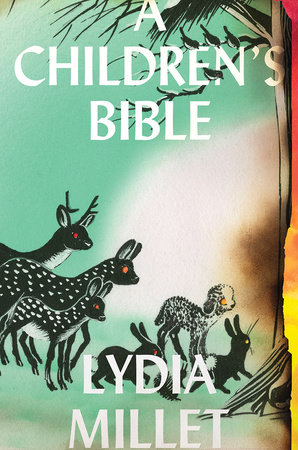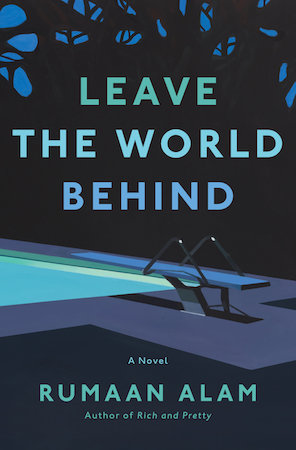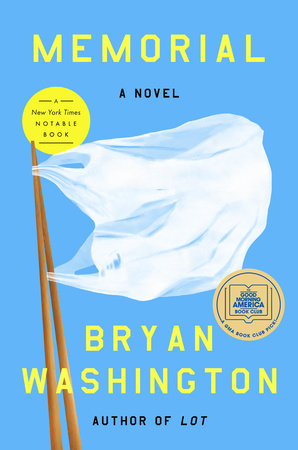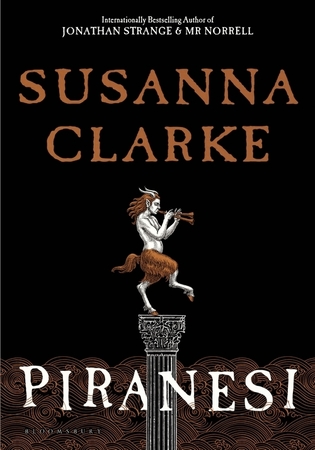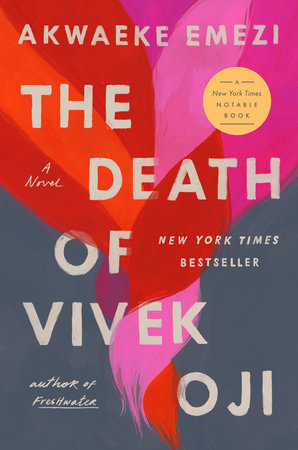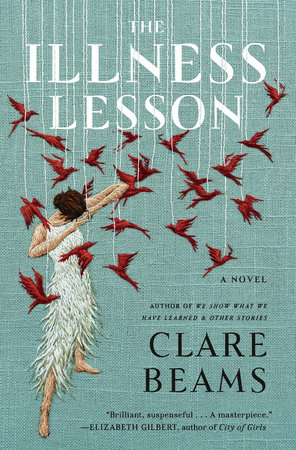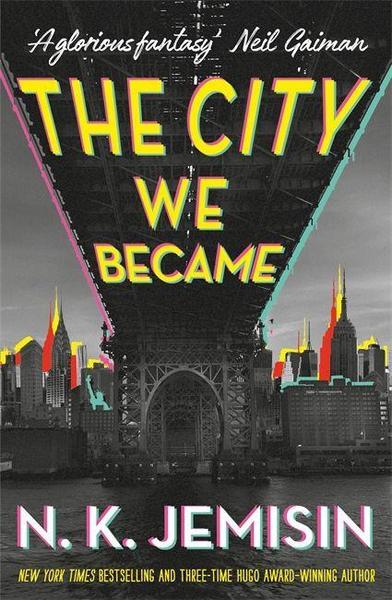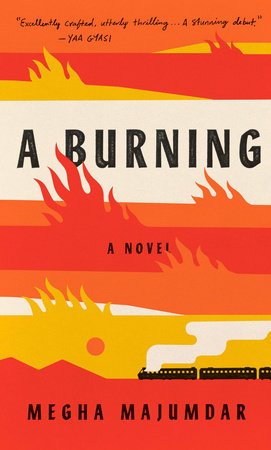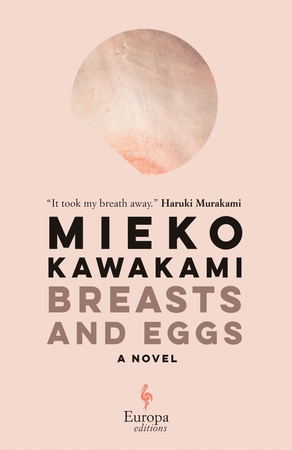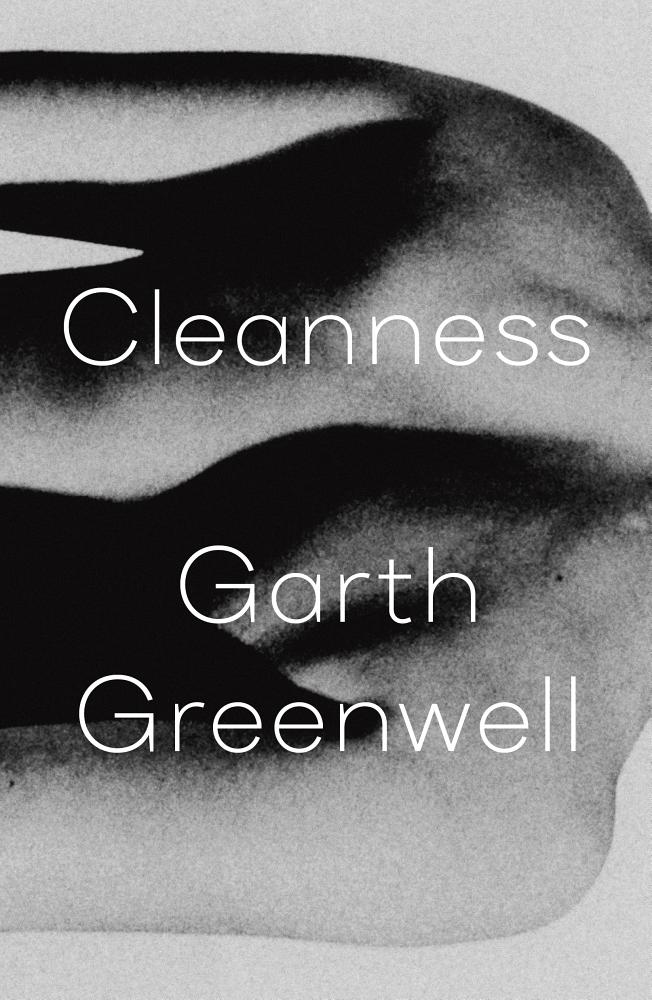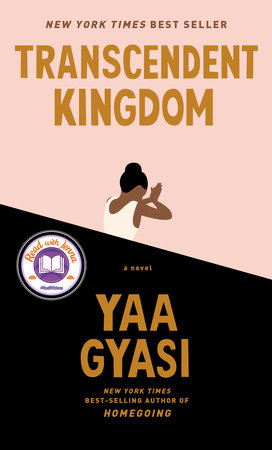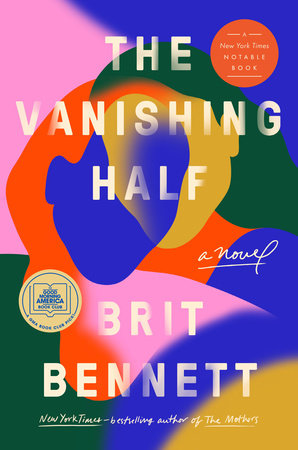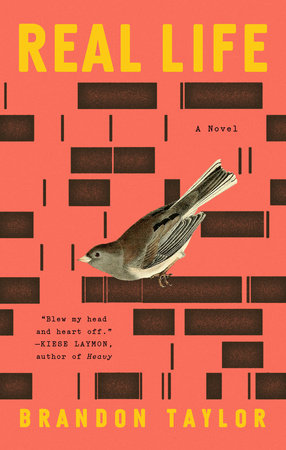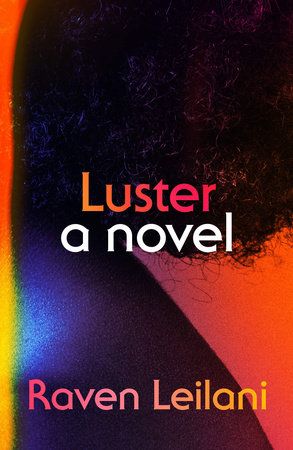Find the perfect gift for the writer or reader in your life in our online store. Take 20% your entire order with the code STAYHOME2020, now through Christmas!
At least being stuck at home all year meant you got some reading in, right? Just settling in for a long, sustained session with a new book and your pristine attention span, unmarred by stress? Okay, well, maybe you have some catching up to do. We polled Electric Literature staff, former staff, and contributors on their must-read novels of 2020, and in roughly ascending order (we had a lot of ties), here are their 25 favorites. (You may also be interested in our lists for best short story collections and nonfiction.)
A Lover’s Discourse by Xiaolu Guo
British Chinese author Xiao Lu Guo’s 2007 novel A Concise Chinese-English Dictionary For Lovers was critically acclaimed and her new epistolary novel A Lover’s Discourse meditates on the same theme: the loneliness of an immigrant struggling to express herself and find belonging in a country shaken by the throes of populism. The unnamed young woman in A Lover’s Discourse moves from China to London as a graduate student right in the middle of the Brexit referendum. Her loneliness and sense of disembodiment is heightened by her new identity as a Tier 4 immigrant, the recent death of her parents, and her struggle to be fully understood. She feels a “distance pain, an ache or a lust for a place where you want to belong” and tries to find a home in you, an unnamed half-British half-German man, to whom the letters she writes are addressed. Read an interview with Xiao Lu Guo here about using interracial relationships to examine immigrant identity and cultural differences.
Everywhere You Don’t Belong by Gabriel Bump
Where can a young Black man find belonging in America? Gabriel Bump’s debut Everywhere You Don’t Belong follows Claude Mckay Love as he comes of age in the South Side of Chicago and moves to Missouri for college. Read an interview with Gabriel Bump about how diversity meetings turn into white guilt parties with bad snacks.
Jack by Marilynne Robinson
Marilynne Robinson returns with the fourth book in her Gilead series, Jack. Jack was a feral and destructive child in the earlier books, with a compulsion for stealing, drinking, and blowing up things just for the hell of it. As an adult, he’s a convicted felon, still a drunk, and now also a deadbeat dad. Living in St. Louis after a stint in prison, he’s determined to live as a hermit, emotionally sealed off from the world, until he meets Della Miles. A relationship between a troubled white ex-con and a respectable Black schoolteacher would be frowned up at any time in history, but this is the Jim Crow era where interracial relationships were illegal and met with violence. Beautifully written, Jack is a thorny novel about redemption and finding grace.
Mexican Gothic by Silvia Moreno-Garcia
This story of a headstrong young debutante sent to a creepy mansion to look after her ailing cousin delivers exactly what it says on the tin—all the eerie delights of a gothic novel, all the vividness of Mexico in the ’50s. If you didn’t know that a Mexican gothic novel was exactly what you needed, well, now you know. Silvia Moreno-Garcia curated a reading list of classic gothic books from the 20th century for Electric Lit.
Pizza Girl by Jean Kyoung Frazier
Pizza Girl is the queer slacker pizza delivery novel we didn’t know we’ve been waiting for. Jane is a Korean American teenager living in suburban Los Angeles and working the delivery run at a pizza joint with a B-cleanliness rating. Oh and she’s pregnant but not excited about it (and guzzling beers in the middle of the night, but that’s a secret). A special request for a pepperoni and pickle pie leads Jane to develop a crush and intense obsession with Jenny, a frazzled mom and recent North Dakota transplant. Read an interview with Jean Kyoung Frazier on writing against the idea that aimlessly fucking around is a specifically male thing.
The Glass Hotel by Emily St. John Mandel
The pandemic drove many people to reread Mandel’s prescient post-apocalyptic novel Station Eleven, but the real hero of 2020 was this quietly riveting book about Ponzi schemes, strange hauntings, and the sacrifices we make for financial safety. Read an interview with Emily St. John Mandel about how history is doomed to repeat itself.
These Ghosts Are Family by Maisy Card
We love a rich intergenerational immigrant family epic, and These Ghosts Are Family is that and more: it’s also an investigation of how a long-held secret can upend a family, and how the dead never go away. Some of those hauntings are literal, in the form of ghosts; others are more metaphorical, the long aftereffects of colonialism and genocide. This debut novel follows the Paisley family from Jamaica to the U.S., where Abel Paisley, who has been living under a stolen identity after faking his death, is now facing his real one.
You Should See Me in a Crown by Leah Johnson
Because our best-of list is democratically sourced from our staff and contributors, we don’t usually include young adult novels—not enough of us read them regularly. But we’re big fans of Leah Johnson, whose Electric Lit essay “How Young Adult Literature Taught Me to Love Like a White Girl” got her the agent for this book (and who went on to be our social media manager for a while!). So of course we read, and loved, this exuberant story about two high school misfits competing for prom queen—while also falling for each other.
Writers and Lovers by Lily King
King’s protagonist Casey Peabody is living the writer’s dream: grief-stricken, adrift, lonely, and living in squalor, and struggling to finish her work. Plus, it’s the ’90s—truly the fantasy. In this witty, aching novel about creative identity, relationships, and sacrifice, Casey juggles three loves: two human men and the novel she’s been working on for years.
A Children’s Bible by Lydia Millet
Is there any writer more professionally qualified to write a novel about climate change? In addition to writing 16 books, Lydia Millet has a master’s degree in environmental policy and works for the Center for Biological Diversity, a non-profit that seeks to “secure a future for all species, great and small.” This National Book Award finalist takes place one heady summer where a group of children and teenagers are staying at a lakeside mansion where their parents plan to have a debauched alcohol-fueled vacation. When a storm destroys part of the country, the adults decide to the best course of action is to kick their bacchanalia up notch while the children run away to higher ground in search of safety. Read an excerpt from A Children’s Bible and an interview with Millet about writing an American chaos story.
Leave the World Behind by Rumaan Alam
A white family leaves their Brooklyn life behind for a summer vacation in Long Island. With no cell service, the off-the-grid luxury Airbnb they’ve rented is “The Ultimate Escape” from real-world distractions. Until they get an unexpected knock on the door from the Black homeowners who claim that a mysterious blackout has engulfed New York City. A suspenseful novel about race, class, and privilege, Leave the World Behind asks how will we adapt in times of uncertainty and crisis: “The world operated according to logic, but the logic had been evolving for some time, and now they had to reckon with that. Whatever they thought they’d understood was not wrong but irrelevant.” Read an interview with Alam about being trapped inside while the world burns.

Parakeet by Marie-Helene Bertino
What happens when your deceased grandma turns into a bird and tells you not to go through with your marriage on the eve of the wedding? Oh and she shits all over the wedding dress too. Thanks, Grandma! Bertino’s magical realism novel is a bewitching dream laced with dark humor. Read an excerpt from Parakeet and an interview with Bertino about the strangeness of American beauty ideals.
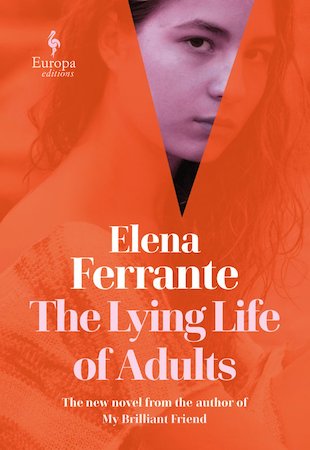
The Lying Life of Adults by Elena Ferrante
Nobody explores the inner lives and fraught relationships of young Italian women like Elena Ferrante. The Lying Life of Adults is separate from the author’s beloved Neapolitan quartet, but fans will find many of the same things to love: an emotionally intense coming-of-age story about desire, deception, and the way we depend on other people.
Memorial by Bryan Washington
Set in Osaka and Houston, a slacker dramedy about two men of color in love. Mike is a Japanese American chef and Benson is a Black daycare teacher: they’ve been in an undiscussed-sort-of-relationship for four years. They’re constantly fighting, and having equally passionate makeup sex. Mike leaves Benson behind to visit his dying father in Japan, the same day that Mistuko, Mike’s taciturn mom, comes to stay with them. Needless to say, it’s an arrangement no one is pleased with. Memorial is a portrait of the messy complexities of relationships, both romantic and familial, and the things that are left unsaid. Read an interview with Washington about food as a love language and how remarkable it still is to write gay sex.
Piranesi by Susanna Clarke
Structured as a diary written by a nameless man trapped in an endless, labyrinthine House, Piranesi might feel familiar to anyone who’s spent the year in social isolation—or it might evoke envy about how vast his home is compared to yours. This odd, often dreamlike book is teeny compared to Clarke’s nearly-800-page magnum opus Jonathan Strange & Mr Norrell, but it packs a proportional amount of strangeness and charm. Read an essay about how Piranesi is a portal fantasy for people who know there’s no way out.
The Death of Vivek Oji by Akwaeke Emezi
Emezi’s second adult book is more tense and controlled than their explosive debut Freshwater, but no less riveting. It’s a little bit of a mystery, a little bit of a ghost story (Vivek dies right away, but is still an active voice in the novel), and very much a family drama full of tension and secrets. In the end, it’s not just about how Vivek died, as the title suggests, but about how he lived. Read an interview about why Emezi killed their main character on page one and read an excerpt from the novel.
The Illness Lesson by Clare Beams
There’s something so spooky and compelling about girls’ schools, and there’s something so spooky and compelling about misguided attempts at utopian living. So a novel about a mysterious illness at a 19th-century school for girls founded by a washed-up transcendentalist… well, what could it be but spooky and compelling? A bit Little Women, a bit The Fever, Beams’s first novel is an unsettling parable of women’s pain. Read an interview with Beams about whether the patriarchy is making teenage girls sick.
The City We Became by N.K. Jemisin
It’s become a cliche to say that “New York is practically one of the characters” in a movie or TV show—but New York is literally several of the characters in The City We Became, in which five formerly-normal humans become avatars of the city’s boroughs. The newly-minted city defenders (well, Queens, Brooklyn, Manhattan, and the Bronx—Staten Island is, predictably, just making things worse) must battle a Lovecraftian interloper who also represents gentrification. It’s a fantasy romp that’s also a sincere consideration of community, belonging, and how we shelter each other.
A Burning by Megha Majumdar
A Burning is epic in scope, encompassing three interwoven plotlines in modern India that tackle topics as large as social media, government overreach, and gender and sexuality. But Majumdar’s work is equally engaged in the details, tenderly conjuring the petty human desires and weaknesses that fuel large, inescapable catastrophes. Read an excerpt from the novel in Recommended Reading, or read an interview with Majumdar on what it means to hope in the face of injustice.
Breasts and Eggs by Mieko Kawakami
Already beloved in the Japanese literary world, Kawakami makes her English-language debut with this experimental novel about the burdens and expectations we place on women’s bodies. Main character Natsuko deals first with her sister’s desire for breast implants, then with her own pursuit of artificial insemination; both parts of the novel are intimate, unstinting, and reflective of and about our ideas of femininity and womanhood. Read an interview with the author.
Cleanness by Garth Greenwell
Garth Greenwell, he says in an Electric Literature interview, rejects the idea of the “general reader.” Perhaps Joe Public isn’t interested in the frank, tender eroticism of this novel about an American teacher seeking connection and intimacy in Bulgaria. But Garth Greenwell isn’t writing for some imaginary straight male default—he’s writing for people who recognize that “gay sex is the stuff of great literature.”
Transcendent Kingdom by Yaa Gyasi
In Transcendent Kingdom, the people are addicted and depressed and so are the mice. In the lab, main character Gifty studies mouse neuroscience; at home, she navigates the even more complicated human cost of the deaths, tensions, mental illness, and opiate addiction in her increasingly alienated immigrant family. Read an interview with Gyasi.
The Vanishing Half by Brit Bennett
Whiteness is the invisible force behind so much oppression, violence, and inequality in this country—invisible by design, because whiteness erases its own tracks. The Vanishing Half keeps racism and colorism in the crosshairs by looking at whiteness from both sides: one twin who embraces her Black identity and her dark-complexioned daughter, and one who presents herself as white, including to her white husband. Both sisters, and their daughters, struggle with the societal and personal costs of racism as they strive to find their place and their identity. Read an interview with Brit Bennett about the performance of whiteness.
Real Life by Brandon Taylor
Brandon Taylor is the senior editor of Recommended Reading, so we’re a little biased, but you don’t have to take our word for it that Real Life was one of the best books of the year—a little thing called the Booker Prize agreed. This debut novel, about a queer Black doctoral student struggling to fit in at a quietly vicious Midwestern university, was one of six finalists for the prestigious award. Read an interview with Taylor about how he captured the loneliness of being Black and queer on campus.
Luster by Raven Leilani
It’s a mixed blessing at best to be called the “voice of your generation,” but Raven Leilani may not be able to escape the label. Luster is about a young woman who enters into a fraught relationship with an older man in an open marriage, but much more than that, it’s about being financially insecure, creatively unfulfilled, emotionally adrift, and basically every other experience that’s endemic to being young in the destabilized modern era. It even features the quest for health insurance, which Nitya Rayapati, in an essay about Luster for Electric Literature, identified as the new equivalent of the “marriage plot.” Plus, the prose is gorgeous, as you can see in this Recommended Reading excerpt. You can also read an interview with Leilani about art, hunger, desire, and desperation.
